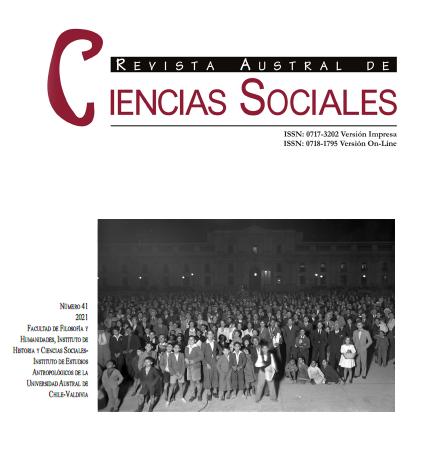Commodification of Protected Areas: Causes, Consequences, and Responses of Mapuche Communities in Pre–Cordilleran Areas from Southern Chile
Main Article Content
Abstract
The penetration of production models operating under neoliberal logics has driven processes of accumulation by dispossession that reconfigure territories and trigger multiple conflicts. This paper examines processes of this nature in protected areas and their concession systems affecting Mapuche communities in pre-cordilleran areas of Southern Chile. A qualitative research approach is used to study how Mapuche communities struggle between ancestral uses and Chilean legality; the defense of the collective patrimony; territorial expulsion; and the dilemma of participating in concessions or accepting compensation that commodifies their commons. As a conclusion, this article shows that these communities share the demand for the right to develop their own life plans and participate in the ownership, use, administration and conservation of natural commons in territories that, because of their history, use, and occupation should be considered ancestral, an issue that requires a normative political adjustment.


 http://orcid.org/0000-0001-9851-9668
http://orcid.org/0000-0001-9851-9668